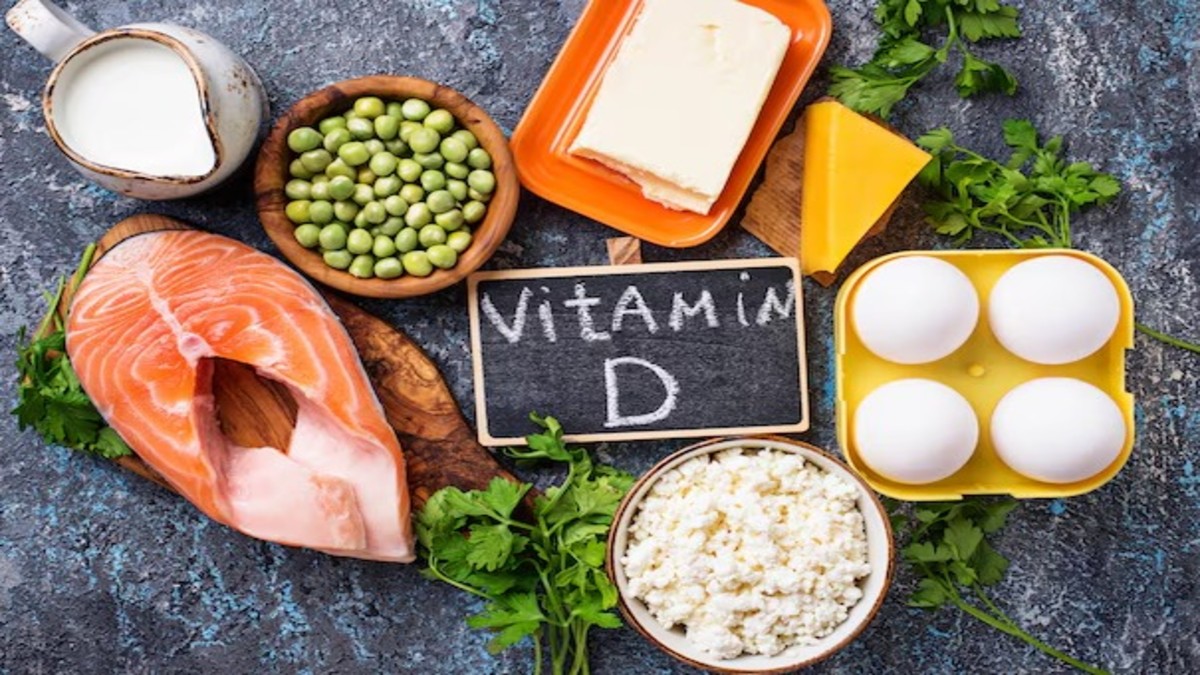India is a tropical country.
However, even in a country that receives enough sunshine most of the year, many citizens suffer from vitamin D deficiency.
The paradox is due to urban lifestyles, cultural habits, and environmental elements like pollution.
Let’s take a closer look.
Vitamin D deficiency in Indians
A May 2024 cohort study that was published in the Scientific Reports journal found that vitamin D levels were generally inadequate in southern India’s urban adult population. Similar results were found in a prior study conducted in northern India, where healthy adults over 50 years old had significant levels of vitamin D deficiency (91.2 per cent).
Several community-based studies on vitamin D in India have found that the incidence of vitamin D insufficiency ranges from 50 to 94 per cent.
A 2023 survey conducted by the online pharmacy, Tata 1mg Labs, found that one in three Indians, or approximately 76 per cent of the population, are vitamin D deficient.
Among young people under 25, the incidence of deficiency was higher at 84 per cent. The prevalence was only marginally lower at 81 per cent in the 25–40 age range.
Factors at play
The absence of outdoor activity is one of the main causes of vitamin D deficiency.
Dr Minesh Mehta, Consultant of Emergency Medicine and Critical Care at Shalby Hospital in Ahmedabad, told India Today, “Most people in urban areas spend the majority of their time indoors, at work, school, or even during leisure activities.”
Further reducing skin exposure to the sun are cultural practices such as wearing clothing that covers the majority of the body.
The growing use of sunscreen is yet another reason.
Another significant culprit is air pollution. High concentrations of smoke, smog, and dust prevent direct sun exposure and block UVB rays, which are necessary for the skin to produce vitamin D.
“Even if someone spends time outdoors in polluted cities, the UVB rays don’t penetrate enough to produce sufficient vitamin D,” Dr Mehta told the publication.
Furthermore, Indians typically have darker skin tones because of higher levels of melanin, which both shield the skin from damaging UV radiation and lessen its capacity to absorb UVB rays.
“People with darker skin need longer exposure to the sun compared to lighter-skinned individuals to produce the same amount of vitamin D,” Dr Mehta explained.
Indian diets also lack foods that are naturally rich in vitamin D, such as oily fish, egg yolks, and fortified dairy products like milk, and breakfast cereals.
Also read:
Is intermittent fasting bad for your hair?
A nutrient essential for overall health
Exposure to sunlight is vital because it enables the skin to produce vitamin D.
Also known as the sunshine vitamin, the nutrient is essential for calcium absorption, supporting strong bones and teeth, immunity, and overall health.
Symptoms of vitamin D deficiency include persistent fatigue, widespread body aches, joint pain that isn’t related to physical activity, and mood changes such as depression or anxiety. Prolonged deficiency has been linked to serious health disorders such as prostate cancer, diabetes,
rheumatoid arthritis, and rickets.
Sunshine is a natural and efficient source of this crucial vitamin since it triggers the synthesis of vitamin D when UVB rays interact with the skin. It also boosts mental health by releasing serotonin, the hormone that enhances mood and combats depression.
Sunlight also helps regulate the body’s internal clock and improve sleep quality.
Notably, according to a November study by the University of Eastern Finland, regular users of vitamin D supplements had lower risk of skin cancer, such as melanoma.
Though many people take vitamin D supplements, many do not see any results due to several reasons, such as incorrect dosage, genetic tools, less sunlight exposure, pre-existing health conditions, and more.
The recommendation for most adults is between 400 to 600 International Units (IU) and 800 IU for adults over 70.
Also read:
Can CrossFit help people with long-term health conditions?
Simple tips to be followed
Addressing deficiency requires a mix of increased sun exposure, better dietary habits and supplementation where necessary.
Spend 15-30 minutes of sunbathing is needed. This can be achieved by spending time outdoors daily, ideally between 8 am and 11 am.
Including vitamin-D-rich foods like salmon, mackerel, fish roe, fortified dairy and cereals.
Get advice on supplements and have your vitamin D levels checked by a healthcare provider if you suffer from weakness, bone discomfort, or recurrent infections.
With inputs from agencies

)





